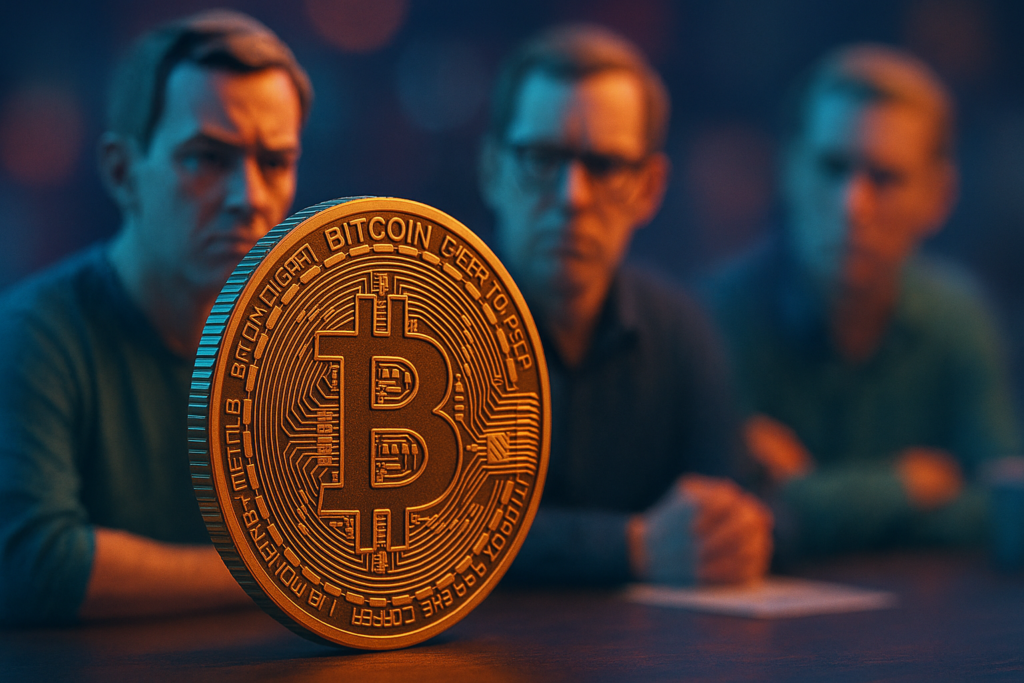Community Divided on Transaction Relay Policy
A joint statement from 31 Bitcoin Core developers, published on June 6, has triggered a heated debate across the Bitcoin community. The statement addressed Bitcoin’s transaction relay policy, particularly in light of the ongoing OP_Return controversy surrounding non-financial use cases of the blockchain.
“Bitcoin can and will be used for use cases not everyone agrees on,” the statement noted, reaffirming Bitcoin’s censorship-resistant nature.

Developers Call for Neutrality
The developers emphasized a hands-off approach, stating they are “not in a position” to mandate how Bitcoin should be used. Instead, they affirmed that Bitcoin is a decentralized network shaped by its users, and that running any software is a right preserved to all node operators.
“Being free to run any software is the network’s primary safeguard against coercion,” the letter stated.
Mixed Reactions from Bitcoiners
The statement received a wave of “ACK” approvals from some users, while others voiced strong criticism.
Critics argue that recent changes — such as the May 8 removal of long-standing transaction data size limits — have allowed larger data inscriptions on the blockchain, opening the door for what some call spam transactions.
Supporters Defend Developer Autonomy
Some community members defended the developers, arguing the statement simply reflects the reality of decentralized governance. It clarifies that developers do not control the Bitcoin network but provide tools and policies that node operators may choose to adopt.
“When no cohesive message was given, Bitcoin Core was accused of poor communication,” said one defender. “Now, a joint message is issued and still receives backlash.”
Technical Concerns Raised
Bitcoin core developer Luke Dashjr rejected the statement’s framing, stating that:
- “Predicting what will be mined is a centralizing goal.”
- “Helping spam propagate is harmful.”
He and other critics warn that the new relay policy risks undermining Bitcoin’s monetary use case and could lead to blockspace congestion.
Developers Stand by Network Health Goals
The statement concluded that it is technically more practical for node software to predict what is likely to be mined, rather than attempting to filter content between willing transaction creators and miners.
“This is not an endorsement of non-financial data use,” the developers clarified, “but a realistic position to protect the network’s neutrality.”
